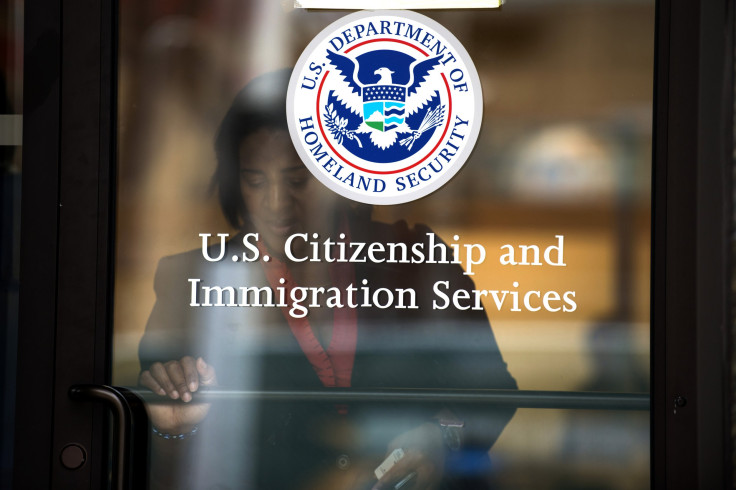Immigration Reform 2017: DHS Imposes New Restrictions To Combat H-1B Fraud

In an effort to cut down on fraudulent use of the H-1B visa program for skilled foreign workers and prioritize U.S.-based workers, U.S. Citizenship and Immigration Services announced Monday that it would begin “targeted” visits to sites across the country that award such visas, according to a USCIS press release.
“The H-1B visa program should help U.S. companies recruit highly-skilled foreign nationals when there is a shortage of qualified workers in the country,” said the release, adding that the agency had set up an email account for tips alleging abuse of the program. “Yet, too many American workers who are as qualified, willing and deserving to work in these fields have been ignored or unfairly disadvantaged.”
Read: H-1B Visa Workers’ Spouses Vulnerable To Lawsuit
USCIS planned to direct scrutiny toward cases in which the agency couldn’t validate information related to the worker’s employer “through commercially available data,” companies that are “H-1b-dependent” and “employers petitioning for H-1B workers who work off-site at another company or organization’s location.”
While USCIS sets aside 85,000 H-1B visas for foreign workers with a bachelor’s degree or higher, proof of a relationship with their employer and expertise in mathematics, business or technology fields, the number of such visas actually awarded has risen well beyond that cap in recent years. The total hit nearly 173,000 in 2015, up from about 161,000 in 2014 and 153,000 in 2013, according to analysis by Bloomberg View. Indian workers, the Washington Post found, have won three-quarters of H-1B visas over the same period.
USCIS reopened the program’s premium route for application processing, which shortens the wait time to 15 days and charges a $1,225 fee, in mid-March after shutting down the premium route about a week earlier.
Although leaders within the tech community overwhelmingly support the program, a recent study indicated that the use of H-1B visas likely lowered wages in the sector, but increased the industry’s productivity and lowered the prices of its products.
Read: H-1B Visas Lower Tech Sector Wages, Study Finds
A separate effort—namely, a lawsuit by a group of tech workers alleging that they had been replaced by foreign visa holders—has been underway for two years to eliminate a program making it easier for spouses of H-1B workers, and therefore H-1B workers themselves, to gain employment in the U.S., but a court decision on the case was delayed Monday until September.
© Copyright IBTimes 2024. All rights reserved.






















